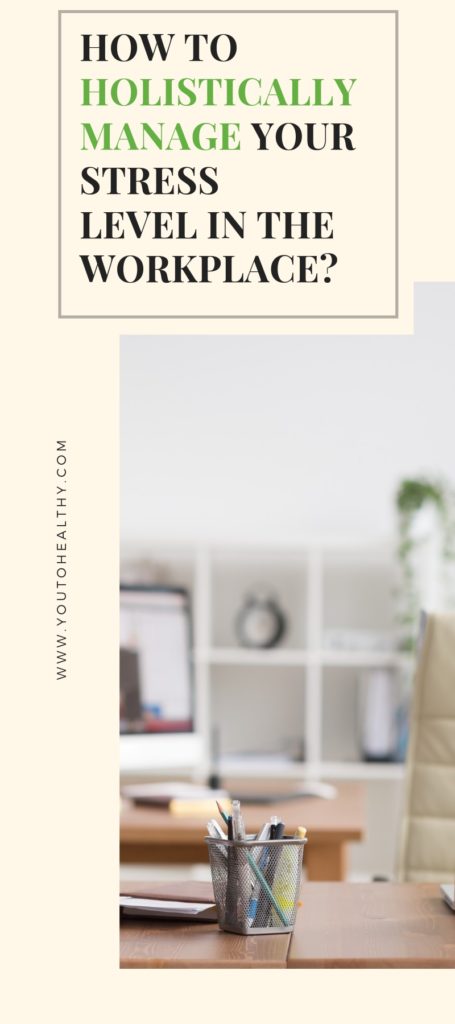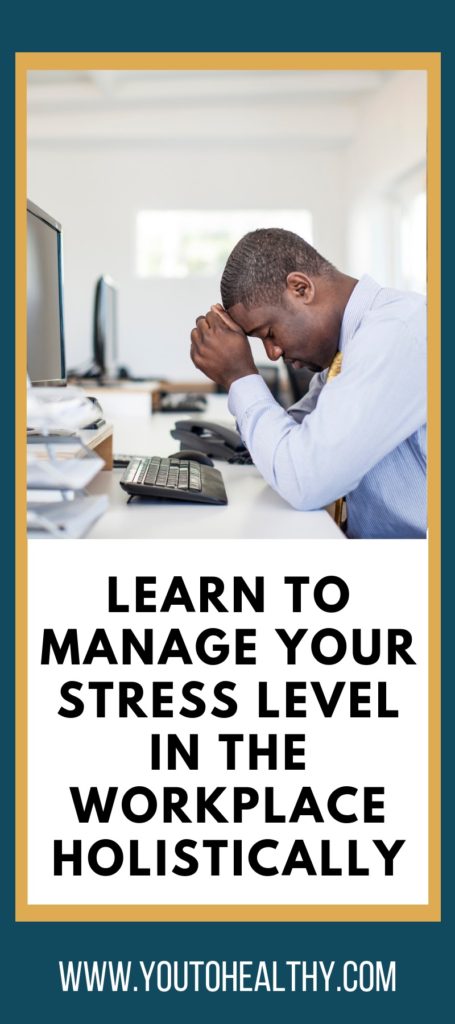Stress comes from everywhere. There’s stress in the workplace, and there’s stress at home. Stress in the workplace comes when you can’t take the increasing demands of work, and thus pressure builds up until you can no longer cope.
When you get to this critical point, you’re at your ‘burnout’ threshold. People vary widely as to when they reach this point; it depends on their backgrounds, level of tolerance, and professionalism.
The effects of workplace stress aren’t solely confined to the workplace. They spill over into our personal relationships and life at home. Stress also reduces your overall productivity.
Studies on the effects of stress in the workplace
Scientists like Chilnick (2008) have referred to stress as the “silent killer,” because it can cause a variety of issues (including high blood pressure and heart disease) without the person realizing that it’s happening. Some reported increasing stress levels at the workplace, with complications including worsening acne symptoms and fertility issues in 30 percent of people, regardless of gender. Furthermore, hair loss related to stress could happen up to three months after a stressful event.
Stress is not uncommon, as an estimated 8.3 million American adults “experienced serious psychological distress in 2017.” The U.N.’s International Organization, in their World Labor Report, has reported studies of the serious consequences of stress at work and has red-flagged it as an epidemic.
In 2018 alone, the American Psychological Association reported that the stress levels for 31 percent of Americans have significantly increased. Unsurprisingly, studies find that more Americans will likely be suffering from stress, anxiety, and depression in 2019 and beyond. This stress can manifest itself in irritability, gastric upset, teeth grinding, panic attacks, headache, mental distraction, fatigue, feeling overwhelmed, and more.
To prevent these issues and manage your stress holistically, here are my recommendations:

Take a break.
It doesn’t matter how big your responsibilities are, you have to set aside time to wind down. A break is a time for rest and relaxation.
Don’t feel that it’s weak to say ‘it’s time for a break’, and don’t let obligations encroach upon your rest time.
Join your fun, witty friends and avoid—as much as possible—negative people in the workplace.
Being with positive people helps you keep a good sense of humor and probably brings out your fun personality. Enjoy light-hearted pranks and jokes, and let others hear your laughter.
Remember that the act of laughing helps your body overcome stress.
If you are the boss, invest more time in making your employees happy.
Treating your employees well will be reflected positively in their productivity.
It enhances self-esteem, increases job satisfaction, reduces work pressures, improves morale, and makes a safe and healthy work environment.
Indulge in stress-relieving habits.
Activities such as daily exercise, hanging out with friends or loved ones, and meditation are excellent options.
You could even do something as simple as stretching your muscles and periodically doing breathing exercises while at work.
Get enough sleep, especially at night.
Sleep refreshes your mind and body. Adequate sleeping lowers your tension levels and normalizes your blood pressure.
Sleep deprivation increases the production of cortisol (a stress hormone) and causes you to feel drained of energy. Feeling tired often causes a person to think irrationally and make wrong decisions.
While naps are great and can be very helpful, don’t depend on naps to make up for insufficient sleep at night. Your best option is to get as much sleep as you can at night. If you can also sneak in a cat nap here and there, then great, but remember that it is not sufficient as a substitute.
Cut back on caffeine and sugar.
The temporary elation you may feel after consuming caffeine and sugar often crashes quickly, leading to a drop in your mood and energy.
Supply your body with foods and beverages that promote vitality and, in turn, bring joy.
Avoid alcohol, cigarettes, and drugs.
Self-medicating with alcohol or drugs may provide an easy escape from stress, but the relief is only temporary.
Find the courage to face your problems, and don’t veil the issues you’re up against. Doing so can complicate things and cause more harm than good.
Final Thoughts
Finally, if you feel flooded by your workload, if you’re under tremendous pressure, or if you’re desperate for help, consult a senior coworker or a licensed psychologist. They can help you find ways to reduce your stress and can help you take steps to better your situation. You can feel better; you don’t have to be stuck in a constant state of feeling stressed and overwhelmed.
Knowledge is crucial in fighting stress. The more you learn, the more prepared you’ll be to handle stress. Don’t be so consumed with your work duties that you forget to take care of your own needs. As Hans Selye rightfully said, “It’s not stress that kills us, it is our reaction to it.”





